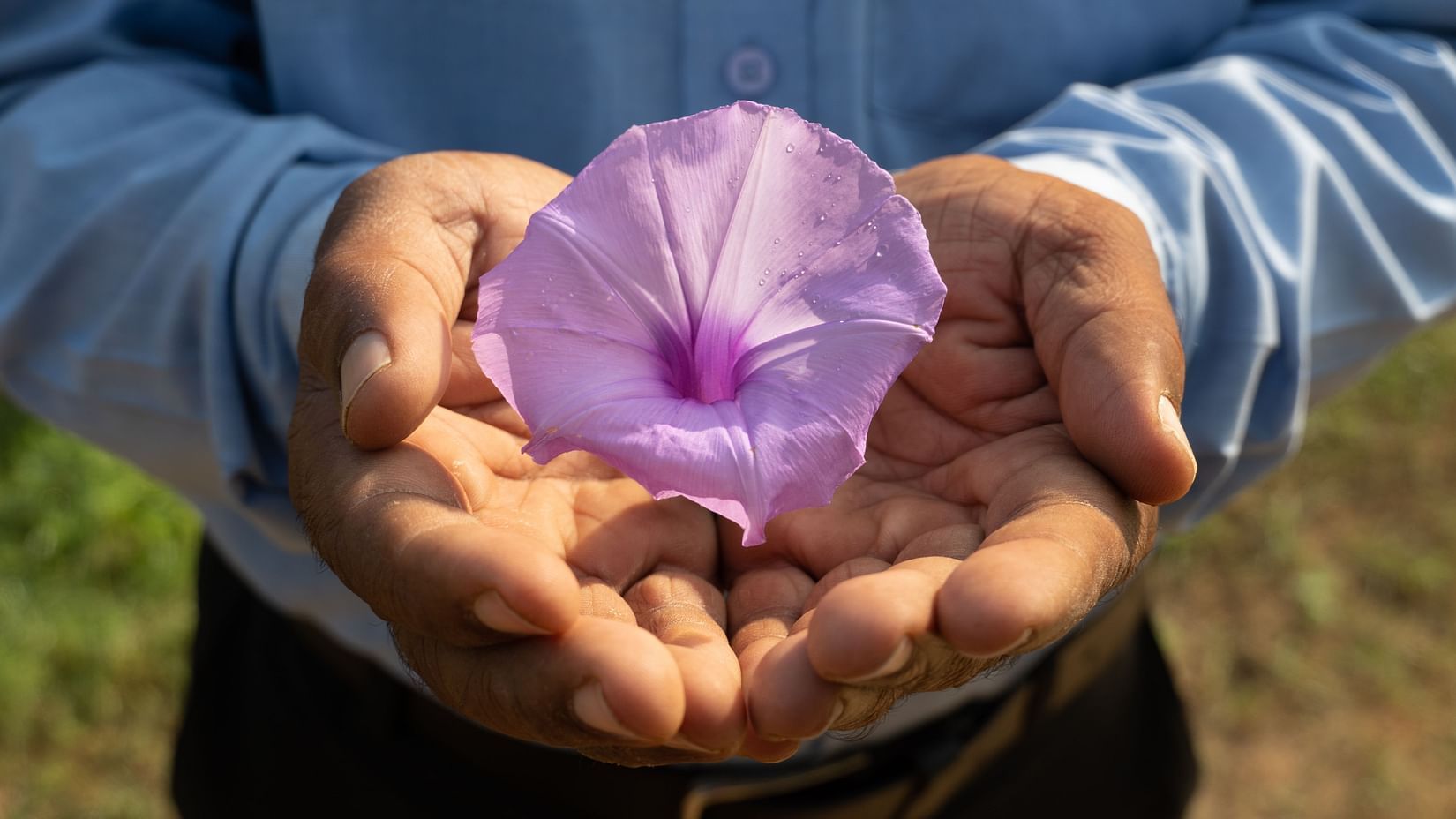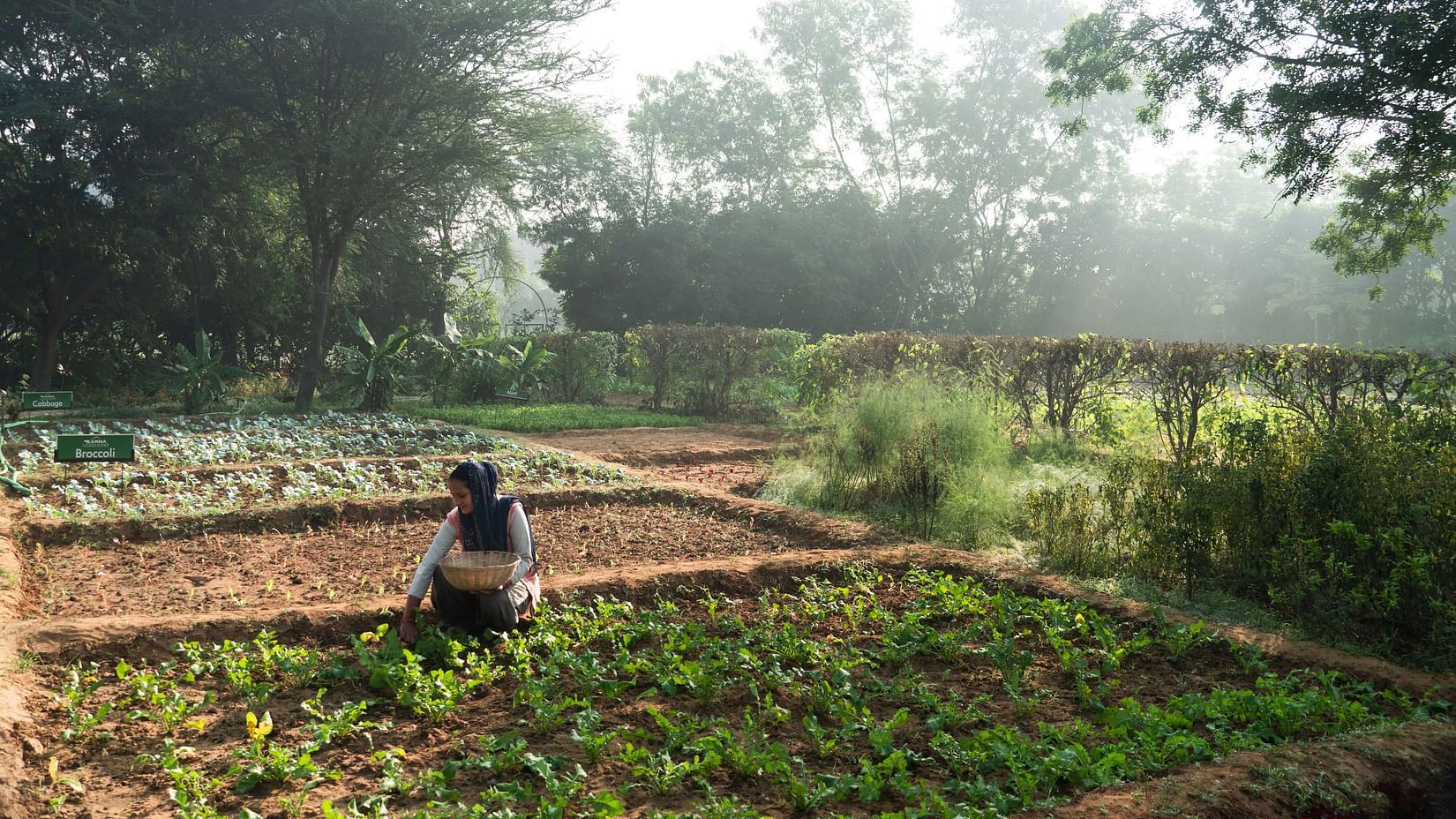- Activities in Gurgaon
- Short Trip from Delhi
- Weekend Getaways from Noida
- Pet-friendly Resort in Gurgaon
- Events in Gurgaon
- Tourist Places in Gurgaon
- Night Life in Gurgaon
- Wellness Retreat Near Delhi
- Weekend Getaways From Gurgaon
- Weekend Getaway near Chandigarh
- Two Days Outing near Delhi
- Anniversary Celebration Near Delhi
- Offbeat Places Near Gurgaon
- Things to Do in Manesar
- Sightseeing in Gurgaon: Experience the Other Side of Gurgaon
- IT Parks in Gurgaon
- New Year Celebration in Gurgaon
- The Best Vacation Places Near Delhi
- Offbeat Places Near Delhi
- Weekend Getaways From Delhi
- Holiday Resort Near Delhi
- Romantic Getaway Near Delhi
- A Delightful Summer Vacation in Gurgaon
- Karma Lakelands: An Idyllic Nature Resort Near Delhi
- When Shit Hit the Fan, Crores of Investment Went 5 Feet Under !!
- The Lockdown Revelations
- Ecotherapy in the times of Covid 19
- The Brown & Beautiful Story of Composting
- Legends, Legacy, and Lakelands!
- Green Drive Began from Home
- Air Quality in Green Areas
- No Time To Waste!
- Karma Lakelands
- In Harmony with the Elements
- The (Golf) Course Where It All Begins!
- Sustainability in Hospitality is Now a Dire Necessity
- Nurture Children In Nature
- Karma Villas
- The Staycation Gateway
- Playing Golf, The Karma Way
- Karma Weddings
- A Villa for Your Majesty
- Timeless Weddings
- Responsible Living at Karma Lakelands
- Nek Chand - The Inspirational Cornerstone of Karma Lakelands
- Luxury Living at its Best
- Blissful Living at Karma Lakelands
- 8 Reasons to Stay with Karma Lakelands
- Weekend Destinations Near Delhi
- Bamboo Forest at Karma Lakelands
- Places to Visit In and Around Manesar
- A Valentine’s Day Special in Gurgaon
- A Wedding Day Checklist for Brides
- Pet Friendly Diwali At Karma Lakelands
- Things to Do With Your Furry Friend on a Weekend
- Eco-initiative: The Brown & Beautiful Story of Composting
- Family Weekend Getaway In Delhi NCR
- The Perfect Picnic Spots near Delhi NCR for One Day
- A Weekend Getaway in Delhi-NCR for Couples
- The Ideal Pre Wedding Shoot Venue
- Karma’s Man of the Moment
- Consecrating the Banner of Patriotism
- Nature’s Teaching for the Next Generation
- Voyage of a Visionary
- Pet-friendly Cafe in Gurgaon
- Staycation in Gurgaon
- One Day Picnic
- A Romantic Dinner in Gurgaon
- Resort in Gurgaon for Family Outing
- Corporate Offsite Near Delhi

Post-pandemic boom in the hospitality sector should accelerate the transition to a sustainable future utilising the holistic transformative power of innovation, resources and good practices.
The zing is back! The hospitality sector is gradually unleashing itself from the pandemic-induced economic slump. While the industry is fast recovering, at the same time we also need to drive the change towards sustainability at an unprecedented speed. Quite ostensibly, we have now realised that sustainability has to be more than a buzzword. The hospitality industry has wide-reaching value and supply chains, with enormous potential for a paradigm shift towards a more sustainable future.
The zing is back! The hospitality sector is gradually unleashing itself from the pandemic-induced economic slump. While the industry is fast recovering, at the same time we also need to drive the change towards sustainability at an unprecedented speed. Quite ostensibly, we have now realised that sustainability has to be more than a buzzword. The hospitality industry has wide-reaching value and supply chains, with enormous potential for a paradigm shift towards a more sustainable future.

The trend towards sustainability always spurs innovation, which in turn creates more business opportunities. Establishments centred around responsible practices and conscious living have proved to be more efficient and attract a growing number of customers looking for environmentally and socially responsible experiences. Karma Lakelands - India’s premium eco-friendly golf resort, since its inception, has been practising and promoting conscious living Initiatives. From being developing as a zero-waste property to soil rejuvenation, planting trees, rewilding, practicing bee farming and bio composting of plant & animal waste, life at Karma is an incredible example for meaningful and sustainable existence.
Hospitality industry has always strived to redefine the user experiences. A personalized, unique, connected, and eco-friendly guest experience design can develop a long-lasting trust. Honking should not be allowed at the gates and inside all hospitality properties. Guards to respond to sight and not sound (of horn). From no-horn policy at the entrance to natural fabrics on the beds, plastic free utilities and litter-free activities can led to nurturing of wider ethos of trust and collaboration. An establishment nurtured on ecological sustainability would definitely earn a remarkable brand value.
Hospitality industry has always strived to redefine the user experiences. A personalized, unique, connected, and eco-friendly guest experience design can develop a long-lasting trust. Honking should not be allowed at the gates and inside all hospitality properties. Guards to respond to sight and not sound (of horn). From no-horn policy at the entrance to natural fabrics on the beds, plastic free utilities and litter-free activities can led to nurturing of wider ethos of trust and collaboration. An establishment nurtured on ecological sustainability would definitely earn a remarkable brand value.

This significant transition towards sustainability in the hospitality sector, also brings with it a growing opportunity for the culinary schools as well. It will ensure that sustainable approaches are incorporated into the culinary coursework, with classes on food policy, ecology of food and farm-to-table concepts. A welcome development in this direction has been the recent agreement between Indian School of Hospitality (ISH) and Karma Lakelands to initiate students of ISH into organic farming, beekeeping and other eco-friendly initiatives of sustainability and conscious living. The farmland at Karma shall feature seasonal ingredients and regional plants that account for most of the ingredients used on campus. It will encourage farm-to-table practices, sustainable sourcing, and relying on locally-grown crops.
Hospitality industry continues to play a key role in the global transition to a sustainable future. Good practices and unique initiatives like Karma Lakeland’s experience in innovative environmental practices will provide crucial insight and inspiration for the sector, to build momentum towards a regenerative sector that gives back more than it takes. Let’s take lots of small steps, which can have a big impact and can leave a lasting impression on the planet and its inhabitants.
Cosmos blesses us when we live responsibly!
Ashwani Khurana
Founder-CEO
Hospitality industry continues to play a key role in the global transition to a sustainable future. Good practices and unique initiatives like Karma Lakeland’s experience in innovative environmental practices will provide crucial insight and inspiration for the sector, to build momentum towards a regenerative sector that gives back more than it takes. Let’s take lots of small steps, which can have a big impact and can leave a lasting impression on the planet and its inhabitants.
Cosmos blesses us when we live responsibly!
Ashwani Khurana
Founder-CEO